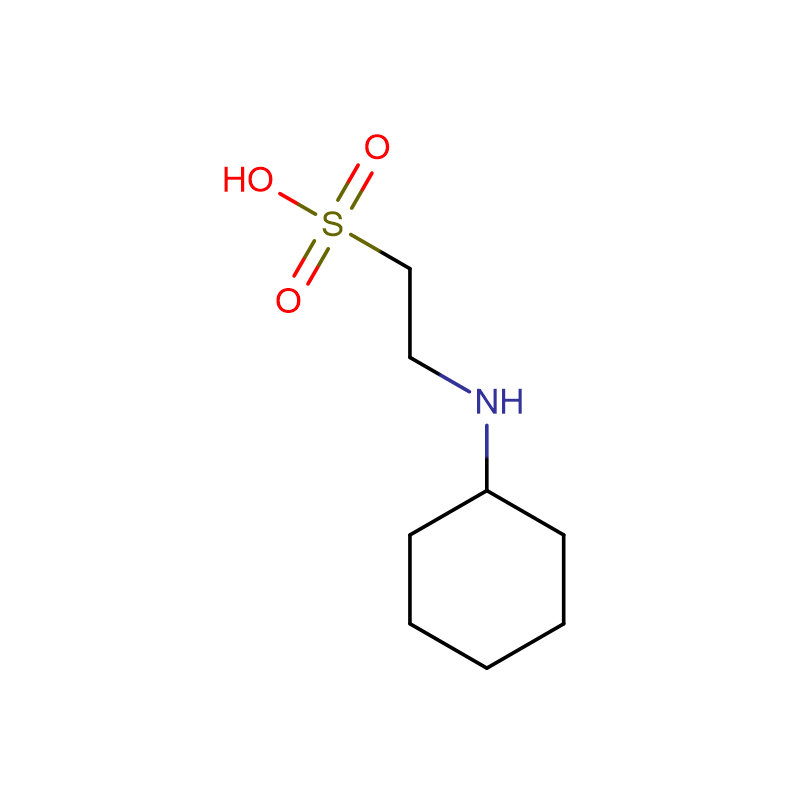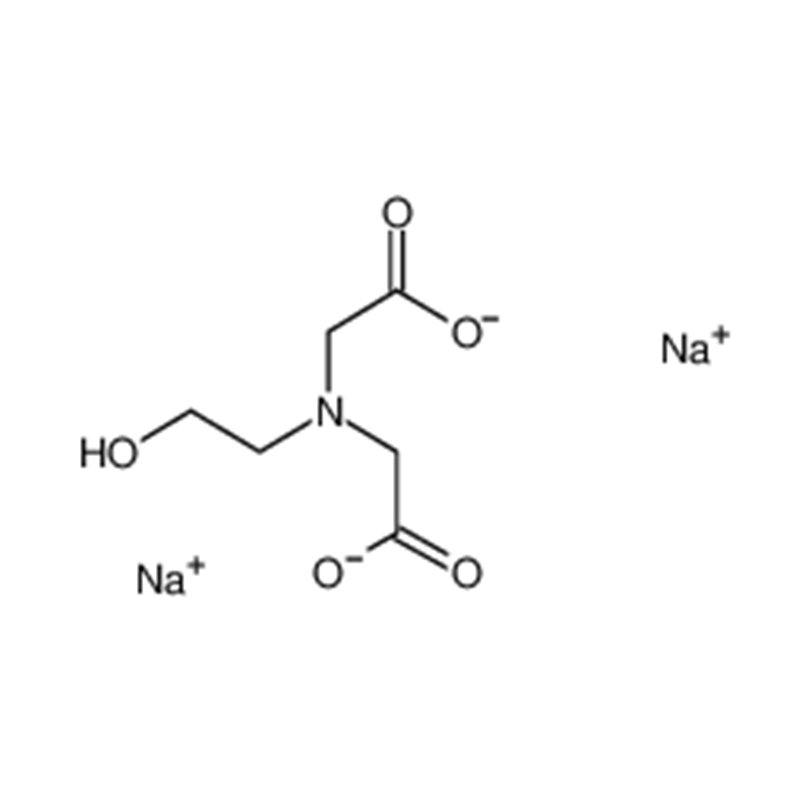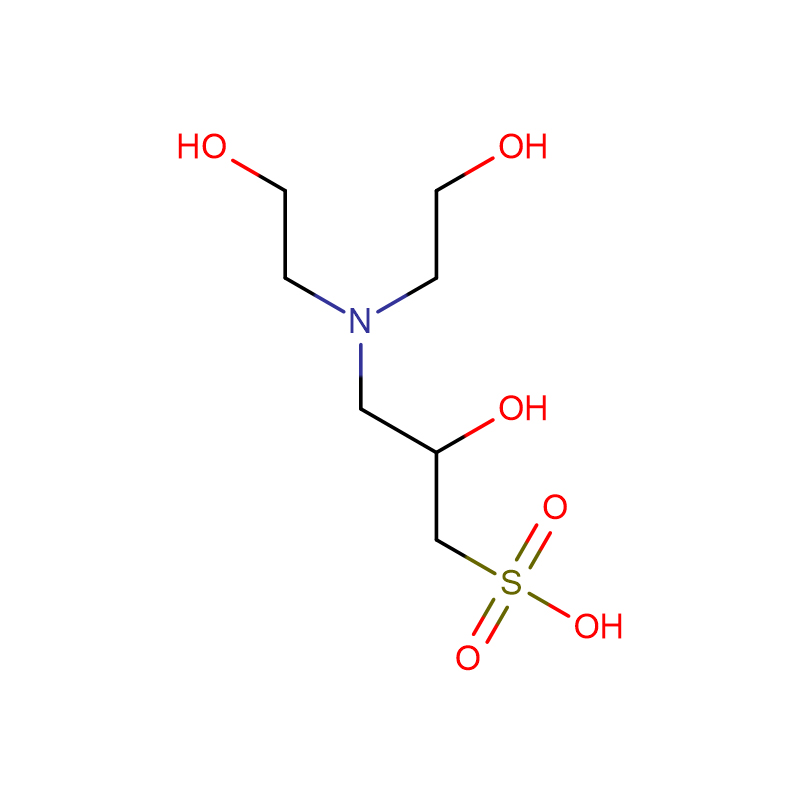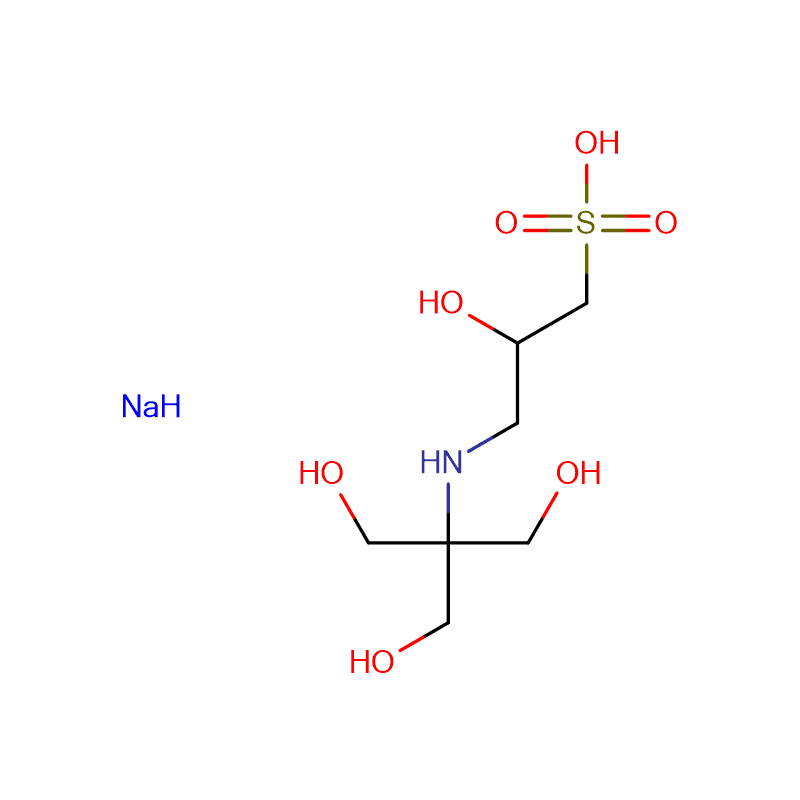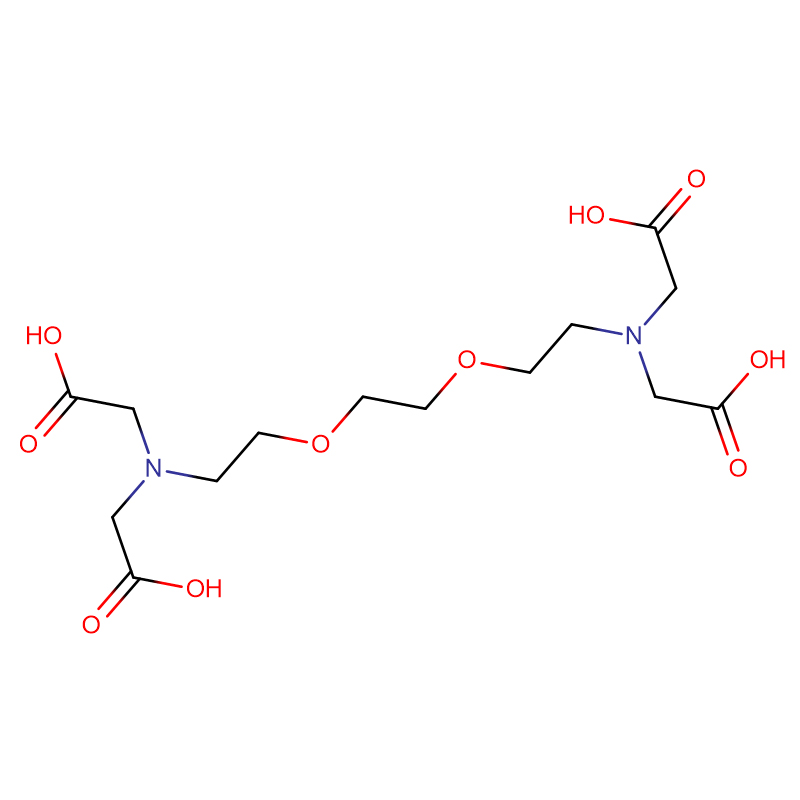PII signal processor proteins are wide spread in prokaryotes and plants where they control a multitude of anabolic reactions. Efficient overproduction of metabolites requires relaxing the tight cellular control circuits. Here we demonstrate that a single point mutation in the PII signaling protein from the cyanobacterium Synechocystis sp. PCC 6803 is sufficient to unlock the arginine pathway causing over accumulation of the biopolymer cyanophycin (multi-L-arginyl-poly-L-aspartate). This product is of biotechnological interest as a source of amino acids and polyaspartic acid. This work exemplifies a novel approach of pathway engineering by designing custom-tailored PII signaling proteins. Here, the engineered Synechocystis sp. PCC6803 strain with a PII-I86N mutation over-accumulated arginine through constitutive activation of the key enzyme N-acetylglutamate kinase (NAGK).In the engineered strain BW86, in vivo NAGK activity was strongly increased and led to a more than tenfold higher arginine content than in the wild-type. As a consequence, strain BW86 accumulated up to 57 % cyanophycin per cell dry mass under the tested conditions, which is the highest yield of cyanophycin reported to date. Strain BW86 produced cyanophycin in a molecular mass range of 25 to >100 kDa; the wild-type produced the polymer in a range of 30 to >100 kDa.The high yield and high molecular mass of cyanophycin produced by strain BW86 along with the low nutrient requirements of cyanobacteria make it a promising means for the biotechnological production of cyanophycin. This study furthermore demonstrates the feasibility of metabolic pathway engineering using the PII signaling protein, which occurs in numerous bacterial



